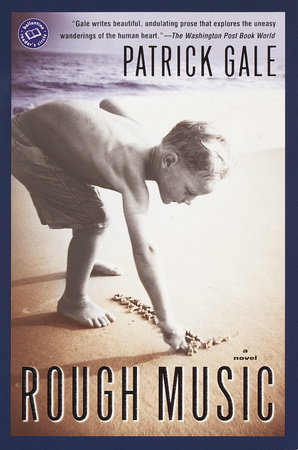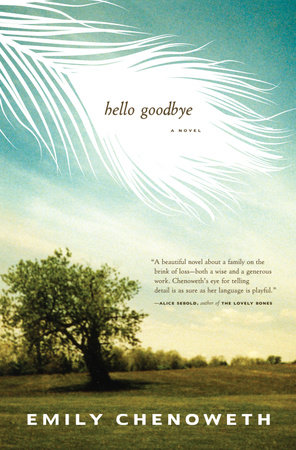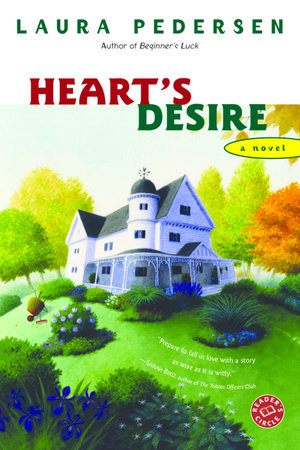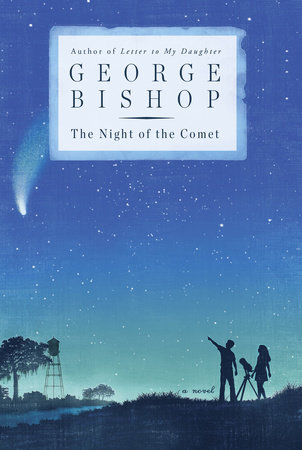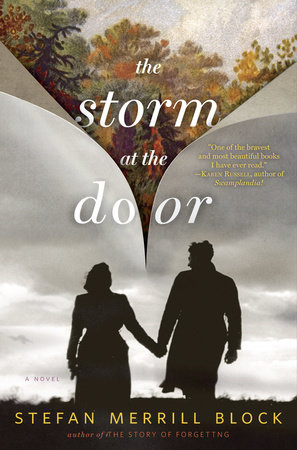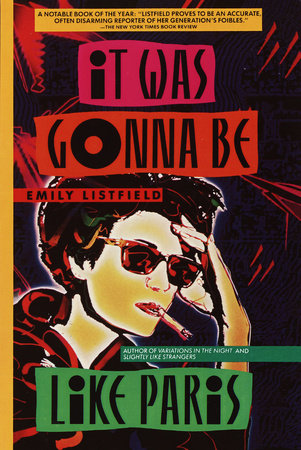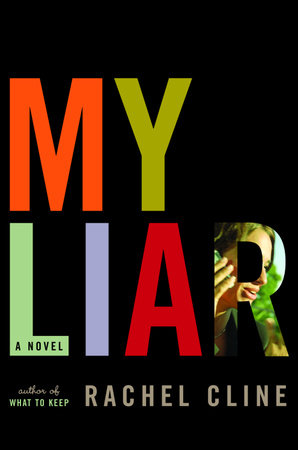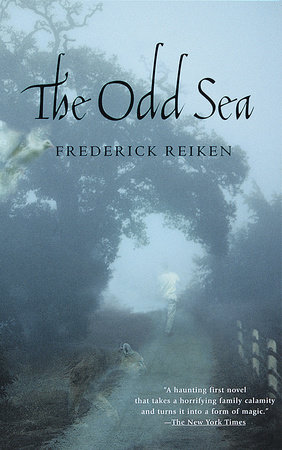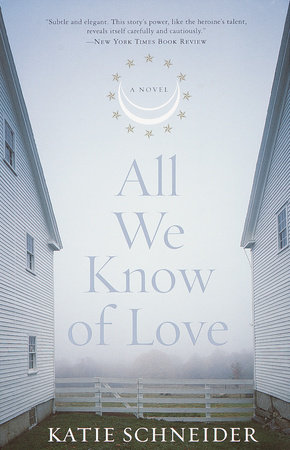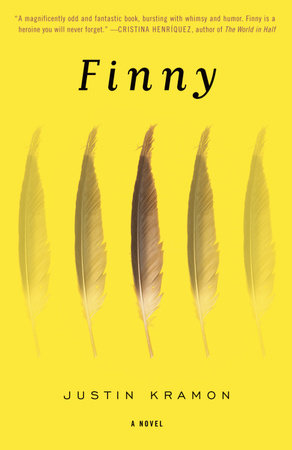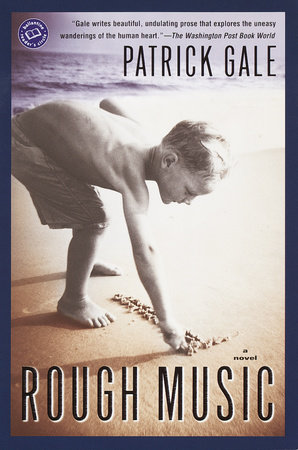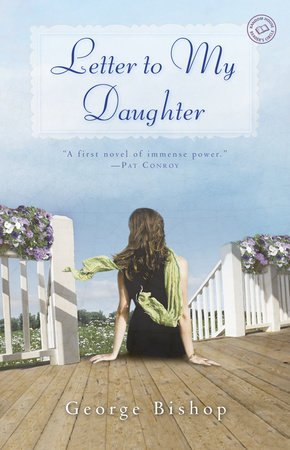Author Q&A
A Conversation with Patrick Gale
Lillian Dean lives in Los Angeles and has written two screenplays
and a whole bunch of book reviews.
I got to know English novelist Patrick Gale in that ineffably modern
way: via e-mail. After I reviewed Rough Music for Hero magazine, I
was assigned to interview Patrick for the next issue. I sent him a series
of e-mails introducing myself and trying to set up a time for a
telephone interview. I knew I had found a friend when I asked him if
he knew the time difference between California and Cornwall and he
responded that he didn’t, but he could draw me a map detailing the
route between ancient Rome and Carthage. I then confessed that my
classical education had left me able to conjugate Latin verbs in the
pluperfect tense, but I had a hard time getting around Los Angeles.
Julian’s education in Rough Music leaves him equally erudite in arcane
facts but adrift when it comes to understanding his own heart.
Patrick and I scheduled our interview for 11 A.M. on September 11,
2002. And, of course, the world changed forever earlier that morning.
We postponed our interview and a few weeks later, Hero magazine
went out of business. I contacted Patrick to let him know and we kept
chatting–this time about the confusing state of the world and our
own sense of loss. When Ballantine Reader’s Circle contacted Patrick
about being interviewed for their trade edition of Rough Music, he
suggested me for the job. I’m so glad he did.
LD: What was the original topic you intended to explore in
Rough Music?
PG: I had originally planned to write about my parents’ marriage.
They’ve been together over fifty years and the dynamics of
their relationship and story fascinates me. So I thought I could
pay them a sort of homage in fiction. Naturally once I started
writing I realized I couldn’t possibly tell the unvarnished
truth as it would have been a gross crime against their privacy
and feelings. So instead of writing a family’s historical
biography, I aimed at telling its emotional one.
LD: Did the story surprise you as it evolved?
PG: I rarely keep to the story I set out with and in this case I
was deeply surprised. I found myself identifying more and
more closely with Julian/Will until it reached a point where
I was revealing very private things about myself even as I
was shielding my parents’ privacy with fictive devices. It’s a
truism that first novels are the most autobiographical ones.
There’s been a lot of me in all my novels but Rough Music is
by far the most personal.
LD: What inspired you to write two parallel stories?
PG: Most of my novels have fairly complex structures because I
mistrust narratives told from a single character’s viewpoint.
To get to the emotional truth of a situation, I need two
or three angles on it, which means two or three narrative
threads. The big inspiration here was my editor at Harper-Collins
in London. She’s a real toughie of the old school and
when I ran the initial ideas past her and asked, "Should I do
it this way or should I do it that way?" she snapped, "Do it
the hardest way, darling. That’s usually best." So instead of
telling first the past narrative then the present one, as I’d
done in The Facts of Life, I set out to interweave them.
LD: Did you ever feel as if you were writing two different novels
with two separate casts of characters?
PG: The beauty of interweaving the time frames was that it
hugely enriched the initial idea. What began as a story about
a marriage soon turned into a study of memory and our relationship
with our personal histories. I didn’t need to spell
out the fact that here was a group of people (Will especially)
who would never cope with the present so long as they deny
the past they’re dragging around–because the structure
was doing that for me. But to answer your question, no. I
wasn’t writing two novels, I was writing six. In order to ensure
that each character in a book has a narrative that hangs
together, I tend to write "their" chapters consecutively. This
causes terrible headaches when I come to weave the different
strands together.
LD: Your title comes from the old-fashioned practice of a
community making a ruckus near the homes of people
whom they found sexually offensive. Can you talk about the
title and how it relates to Will’s and Frances’s emotional
journeys?
PG: Rough Music is about transgressive sex and its consequences.
In both sections of the story a character commits
incestuous adultery and gets caught. Rough music was a
time-honored way in which a community expressed its disapproval
of sexual misconduct. In England there are recorded
instances of this in rural communities as recently as the 1960s.
More recently we have witnessed bloodcurdling scenes in
which communities mobilize against suspected pedophiles
exposed by the tabloids as living quietly in their midst. In
the novel I play around with the resonances of the title too,
so that there’s the soul music young Frances dances to on
the beach and the clattering of Roly’s sound sculptures as
well as the social clamor that erupts when the two adulterous
liaisons are exposed. I wanted, too, to show how that exposure
might set one character (Will) free to love more
openly, but for another (Frances) only emphasize the extent
to which she is socially trapped.
LD: Memory plays an important role in this story. How has
memory figured in your own life and in the writing of Rough
Music?
PG: The novel was full of things I thought I’d made up and when
my mother read them she’d say, "How did you remember
that? That’s exactly how it was!" She was a very keen
photographer. Every moment of her marriage and our childhoods
was photographed and stuck into a series of meticulously
kept albums. So I think I not only went to those albums
to research, but–by looking at them all during my childhood
and teens–swiftly reached a point where I couldn’t tell
my actual memories from the memories my mother had
recorded. It was amazing, too, how cathartic writing this
story became. When I wrote the chapter where Julian’s parents
leave him at the choir school without saying good-bye, I
felt this volcanic anger boil up in me because I remembered
how my mother had done that to me when she left me at my
choir school. So after all these years of never discussing it, I
had to ring her up and yell "How could you have been so
cruel?" And she got all teary and said she’d cried and cried
for days afterwards but had thought it was all for the best.
We both felt so much better after that. I didn’t realize until I
got so angry that I’d never really forgiven her for abandoning
my eight-year-old self to a bunch of schoolmasters.
LD: You relate the Greek myth of "Pandora’s Box" to the secret
lives of the characters in Rough Music. Can you comment on
that?
PG: As part of my research for getting inside Julian’s head, I
reread the books I was reading at his age, and among my favorites
was a well-thumbed book of Greek myths. I’ve always
found the myth of Pandora far more effective than the
story of Eve as an explanation of how so much sorrow and
sickness got into the world. Like the story of Eve, it begins
Rough Music with a woman being categorically forbidden to do something,
which of course she goes straight ahead and does.
What right-thinking woman wouldn’t? It stands to reason
that you should have whatever it is they least want you to
have, because that must be the thing they value most. But
unlike Eve’s story, "Pandora’s Box" has a touch of humanity
to it, because although her curiosity lets out all the bad
things from the box, she shuts the lid in time to keep hope.
Many of my novels have grim events in them–violent
deaths, suicides, madness–but I like to think that I make
these bearable for the reader by giving the characters reasons
to hope. In Rough Music there was no arguing with the
terrible fate that Alzheimer’s has in store for Will’s parents,
but I was able to end the novel with Will on the verge of
what might turn out to be real happiness.
LD: Like Julian, you grew up in the shadow of an English prison.
Aside from growing up in a governor’s house, have you taken
other facts from your own life and family to tell this story?
PG: Oh yes, and most of them will remain closely guarded secrets.
Julian is emotionally me, that much is true, but his life
in the prison is an amalgam of the things my older brothers
and sisters got up to. I did have an affair with a married
man. And in the middle of an unhappy time in my childhood,
a kind schoolteacher and his wife invited me to stay
with them in their house above a glorious beach in North
Cornwall so that we could all take part in a music festival.
This has far reaching consequences, not least my moving to
Cornwall when I grew up and writing a series of novels set
down there, including Rough Music. As for the music festival,
I’m now on the committee!
LD: Do you have personal experience with Alzheimer’s? You
write about Frances’s affliction so compassionately.
PG: My mother always tended to have friends much older than
she and, inevitably, I watched several of them become very
strange.
Also my grandmother, whom I adored, became horribly
confused and had to be put into a nursing home before she
died. But a lot of Frances’s experience of Alzheimer’s is
based upon my mother’s experience of having several
strokes in her life. She was in a car crash about thirty years
ago, which caused her such severe brain damage she lost the
ability to speak, write, walk, anything. She made an almost
full recovery, apart, tragically, from her ability to play the piano.
As a result, I’ve always been haunted by the way in
which our personalities, our public personalities at least, are
so rooted in our use of language. When Alzheimer’s destroys
that language, or when a stroke does, it’s as though the personality
is being torn apart like a cobweb.
LD: One of the themes you explore throughout Rough Music is
forgiveness. Each member of the Pagett family seriously betrays
another at some point during the story, but is subsequently
pardoned. Do you think the Pagett family is
unusual in their capacity for forgiveness?
PG: I hope not. I think the rise of a therapy culture may be creating
a climate in which we’re too ready to blame rather than to
forgive. I worry sometimes that we’re apt to confuse forgiveness
with forgetfulness. The potency of forgiveness comes
precisely from the fact that it must be done while being
goaded by an unhappy memory. Especially in the context of
relationships and marriage, I fear we’re coming to have crazily
high expectations of each other. I’m not saying unhappy wives
and miserable husbands should stay together at all costs, but I
do think a lot more could fashion something lasting, maybe
even, ultimately wonderful from their relationships if they
could stop expecting those relationships to be perfect.
LD: Will is a happy man, despite his loneliness. And Roly has
taught himself techniques to stay focused on the positive.
Do you believe that happiness can be learned? Do you
think of yourself as a happy person?
PG: One of my inspirations for Will and Roly was a documentary
I saw about an Oxford University clinic where it has been
proven that happiness consists largely of learnable techniques.
The idea is basically "Count Your Blessings." Some
of us are lucky in that we develop that habit of stressing the
positive from an early age; others go the other way. But the
bad habit can be unlearned, using much the simple techniques
Roly uses. Before beginning the novel, I was talking
with some friends about my childhood and they asked me
how someone with such a miserable start in life could be so
positive. This made me realize that I did think of my childhood
as basically happy, even though the actual facts of the
case don’t tally with my attitude. So I set out, in Will, to explore
someone facing up to just that challenge, someone
whose idea of themselves as basically happy could be shown
to be based largely on self-delusion.
LD: What are you writing now?
PG: I’m working on a novel with an even more complex structure,
effectively four novels in one. It’s set in the present in
the far west of Cornwall. It’s about two men, two women
and the child who holds them all together. In some ways it’s
pretty grim–much as Rough Music is–but it’s a hopeful
book too. Having given my childhood a good digging over, I
now seem to be rooting through the murkier corners of my
relationship history
